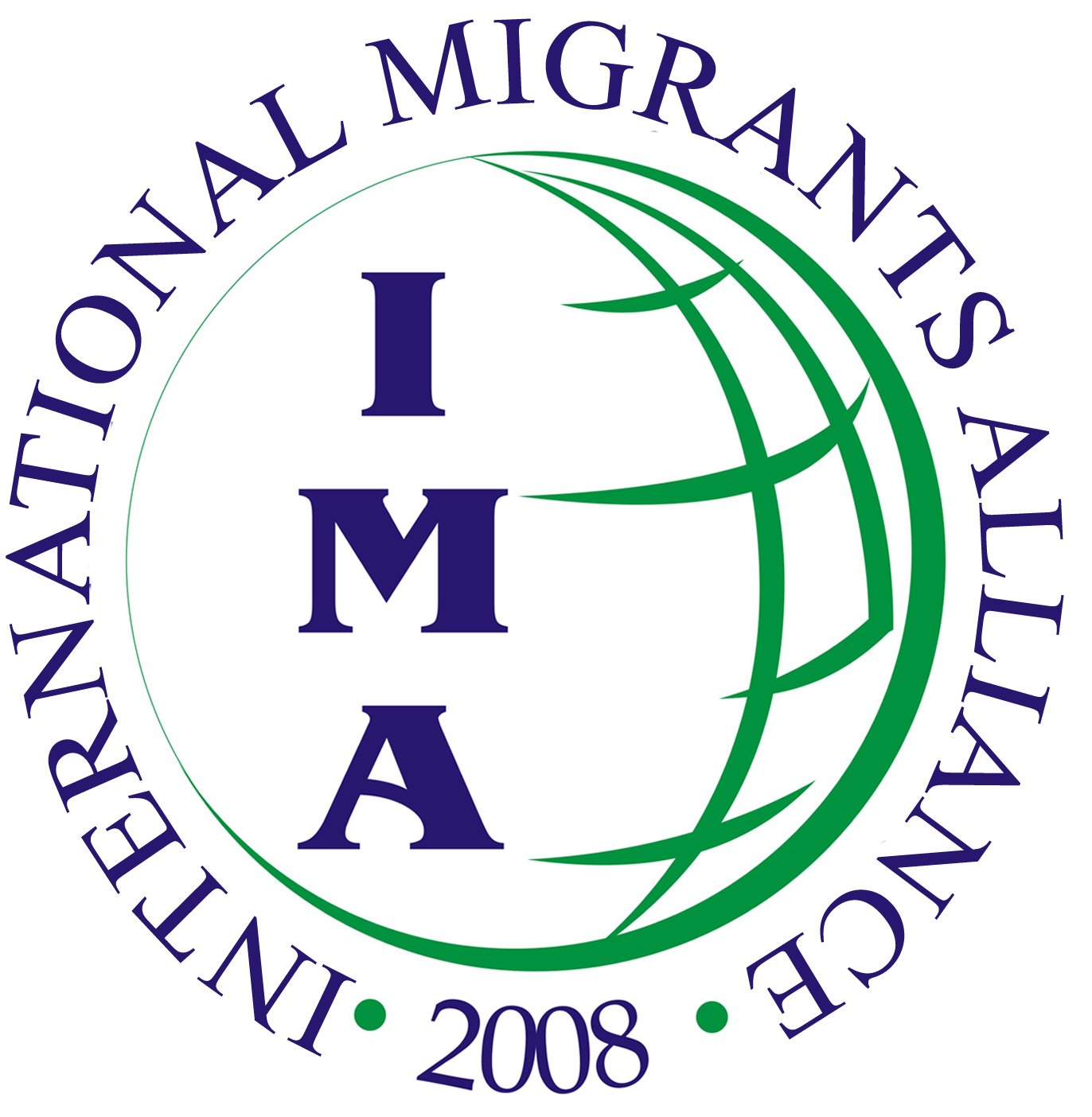CAMPAIGNS
-
-
2024
[IMA ASIA PACIFIC - STATEMENT] Justice for ELE workers in Aotearoa/New Zealand
[STATEMENT] Stop the crackdowns on undocumented migrants in South Korea
Migrants demand: Release the detained 57 Bangladeshi workers in UAE now
[STATEMENT] Condemning Violence Against Migrants in Sunderland: Urgent Call to Action
[STATEMENT] IMA Global statement on the raid of AMUMRA office by Argentina Police
[VIRTUAL FORUM] Seafarers—Defend Our Livelihood, Assert Our Rights!
[STATEMENT] Stop Modern Day Slavery of Migrant Domestic Workers and End Impunity of Diplomats
[SUMMARY ARTICLE] Education for Exploitation: What is Education trafficking?
[VIRTUAL FORUM] Education for Exploitation (What is Education Trafficking?)
2025
-
-
-
